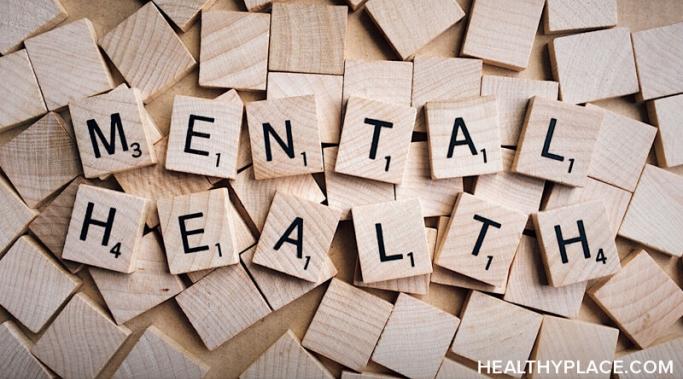Having depression can sometimes lead to developing negative habits as we try to cope. Often things that aren't necessarily wise or healthy feel good at the moment. Sometimes it's easier to do what is comfortable rather than that which requires work and sacrifice. Also, depression drains us of our energy, thus making it difficult to take even that first step towards building healthier habits. Does this mean we're stuck? No, we're not; we just need to identify our negative habits and work toward changing them into more positive coping skills.
Depression Videos
Many people find it challenging to cope with changes in life, and for those of us with depression, it can be especially difficult. Whether it's a new job, a child's graduation, the loss of a loved one, or the birth of a child, any change can be stressful and can potentially cause us to have a harder time with our depression. So, when changes come, as they inevitably will, how do we cope?
Volunteering helps depression, even though that may seem counterintuitive at first. You may feel overwhelmed at the thought of helping others when you can barely help yourself. However, volunteering can be a good and helpful way to cope with your own depression. Turning your focus outward brings a new perspective into your life, and this perspective of volunteering can help your depression.
Major depressive episodes are part of the major depressive disorder that I live with every day; however, I experience seasons or phases when my depression is worse than others. When I go through these major depressive episodes, I know how important it is to work toward recovering from them. I've developed some coping skills and activities that work for me. I'd like to share them with you so that, when you face major depressive episodes, you, too, will have some strategies in place to help in recovery.
For those of us with depression, it's easy for us to lose sight of what makes us who we are: personalities, senses of humor, talents. Our interests and passions often get buried under the weight of the burdens we bear. Depression makes it hard for us to find ourselves; however, in spite of the hardship, it's a worthwhile investment we should make. I've gotten some insights I'd like to share with you about how finding yourself can truly be a great way to cope when you have depression.
Finding gifts for depressed people can be confusing, but with the holiday season in full swing, some of you may be looking for thoughtful ideas for presents to give to someone who has been diagnosed with depression. Perhaps you yourself have depression and are trying to figure out what types of gifts you'd like to receive this year. I decided it might be helpful for me to share some of my favorite present ideas with you so you can give gifts to depressed people that make a difference to them.
Knowing how to deal with a crisis is especially important when those of us diagnosed with depression are faced with one. It can be especially difficult to cope with both the crisis and our depression simultaneously. Yet, in spite of the difficulties, we can not only survive but even thrive while managing both a crisis and our depression. This can be done by practicing the effective coping skills discussed in this post for dealing with a crisis.
I'd like to discuss ways you can protect your mental health while we cope with depression because World Mental Health Day is Wednesday, October 10, 2018. Depression itself is stressful enough on our brains, but then certain outside factors exist that can make things worse. How can we avoid, or limit, these stress-inducing situations and people that can worsen our depression? I've discovered some strategies that protect your mental health and work for me, and I'd like to share them with you.
Should you share your suicidal thoughts? How will the choice to share affect your depression? Whether we face suicidal thoughts or have had one or more suicide attempts, the decision of whether or not to share these experiences affects us and how we deal with our depression.
Is it really possible to build self-confidence when you have depression? Yes, it can be done. While the challenge is greater for those of us with depression, it truly is within our ability to build up confidence within ourselves. Now that we know building self-confidence is possible, let's find out how we can start working towards that goal today.









